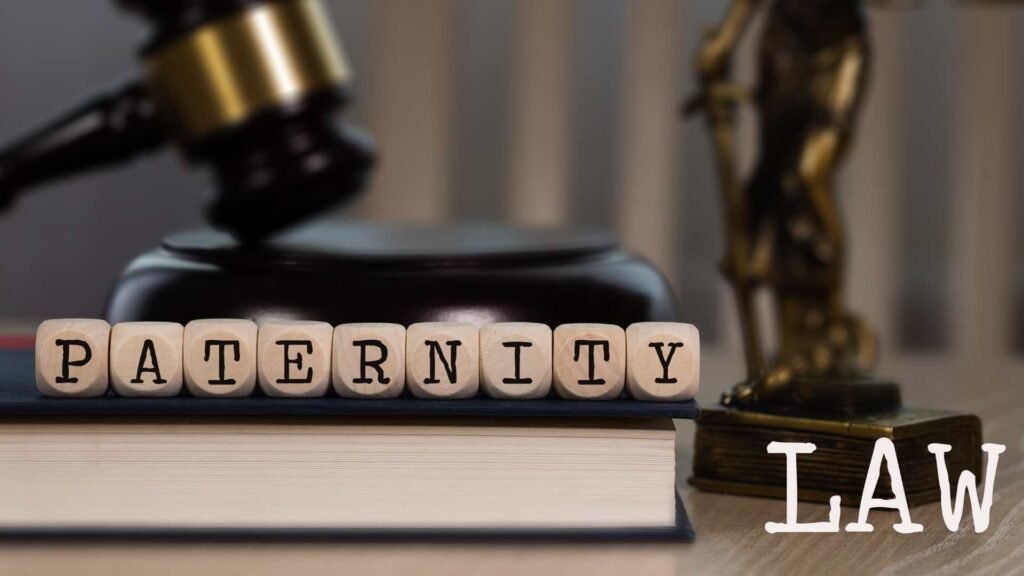Dna Paternity Test Pricing

Prenatal DNA Paternity Testing Services

Court Admissible DNA Paternity Test

Home Test Kits DNA Paternity

DNA Paternity Testing – Your Questions Answered

General Questions About Paternity Testing
A DNA paternity test compares a child’s genetic profile with an alleged father’s to determine biological parentage. Results are 99.9%+ accurate for inclusions and 100% conclusive for exclusions.
The test analyzes STR (Short Tandem Repeat) markers in DNA from cheek swabs or blood samples. Laboratories examine 16–21 genetic loci to calculate the probability of paternity.
No. Legal tests require verified sample collection from the start. You’d need to retest.
Yes, via:
Non-Invasive Prenatal Paternity (NIPP) Test (After 7 weeks gestation, using mother’s blood)
Invasive Methods (CVS/amniocentesis, higher risk)
How accurate are at-home paternity tests?
A: Just as accurate as legal tests (99.9%+) if collected properly. However, they cannot be used in court.
Q: Can I test without the alleged father knowing?
A: Ethically controversial. Some labs allow discreet samples (e.g., toothbrush, hair), but legal tests require consent.
Q: How long do results take?
A: Typically 3–5 business days after the lab receives samples. Expedited options (24–48 hrs) may cost extra.
Ethically controversial. Some labs allow discreet samples (e.g., toothbrush, hair), but legal tests require consent.
Yes. Sibling DNA tests compare genetic markers to determine if two individuals share:
Full siblings (same mother and father)
Half-siblings (one common parent)
Q: Are relationship tests court-admissible?
A: Only if performed with legal chain of custody.
Grandparent or avuncular (aunt/uncle) tests can indirectly establish paternity.
Only if performed with legal chain of custody.
Rarely. Some child support cases may qualify for state assistance.
Yes. Many labs offer international kits with local collection partners.
Q: What if the alleged father is deceased?
A: Postmortem testing is possible using:
Archived tissue samples
Hair/toothbrush (lower accuracy)
Q: Can identical twins be distinguished in paternity tests?
A: No. Identical twins share 100% identical DNA.
A: Postmortem testing is possible using:
Archived tissue samples
Hair/toothbrush (lower accuracy)
No. Identical twins share 100% identical DNA.
General Questions About Prenatal Paternity Testing
Yes, via:
Non-Invasive Prenatal Paternity (NIPP) Test (After 7 weeks gestation, using mother’s blood)
Invasive Methods (CVS/amniocentesis, higher risk)
NIPP is 100% safe (no risk to fetus). Invasive methods carry a slight miscarriage risk.
Only if performed under legal chain of custody at an AABB lab.
Ethically controversial. Some labs allow discreet samples (e.g., toothbrush, hair), but legal tests require consent.
Grandparent or avuncular (aunt/uncle) tests can indirectly establish paternity.
General Questions About Results , Interpretation Privacy & Confidentiality
Typically as:
“Probability of Paternity: 99.99%” (inclusion)
“Excluded as biological father: 0%” (exclusion)
Extremely unlikely if performed by an accredited lab. Errors usually stem from:
❌ Sample mix-ups
❌ Fraudulent participation
You may request re-testing (additional fees apply). Courts may order a second legal test.
Most labs destroy samples after testing unless you authorize storage.
Who has access to my results?
A: Only you (for at-home tests). Legal tests are shared with:
Courts
Government agencies (if applicable)
No, unless required for a legal case.
Cheek (buccal) swabs are standard. Avoid eating/drinking for 1 hour before swabbing.
Q: How should I ship samples?
A: Use the prepaid return envelope included in your kit. Overnight shipping is recommended.
Q: Can a paternity test fail due to poor samples?
A: Yes. Contamination or insufficient DNA may require re-collection (sometimes at extra cost).
Use the prepaid return envelope included in your kit. Overnight shipping is recommended.
Yes. Contamination or insufficient DNA may require re-collection (sometimes at extra cost).